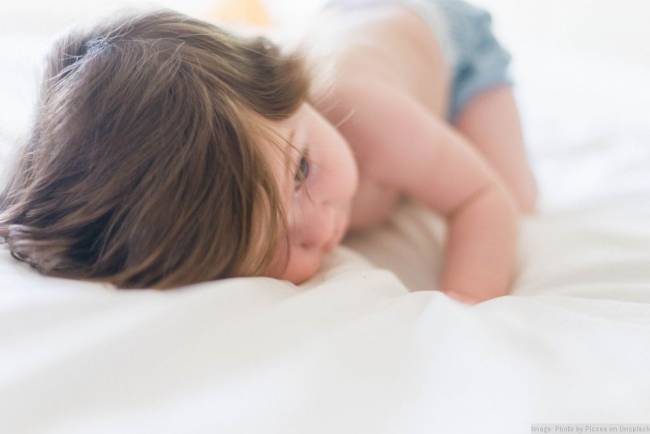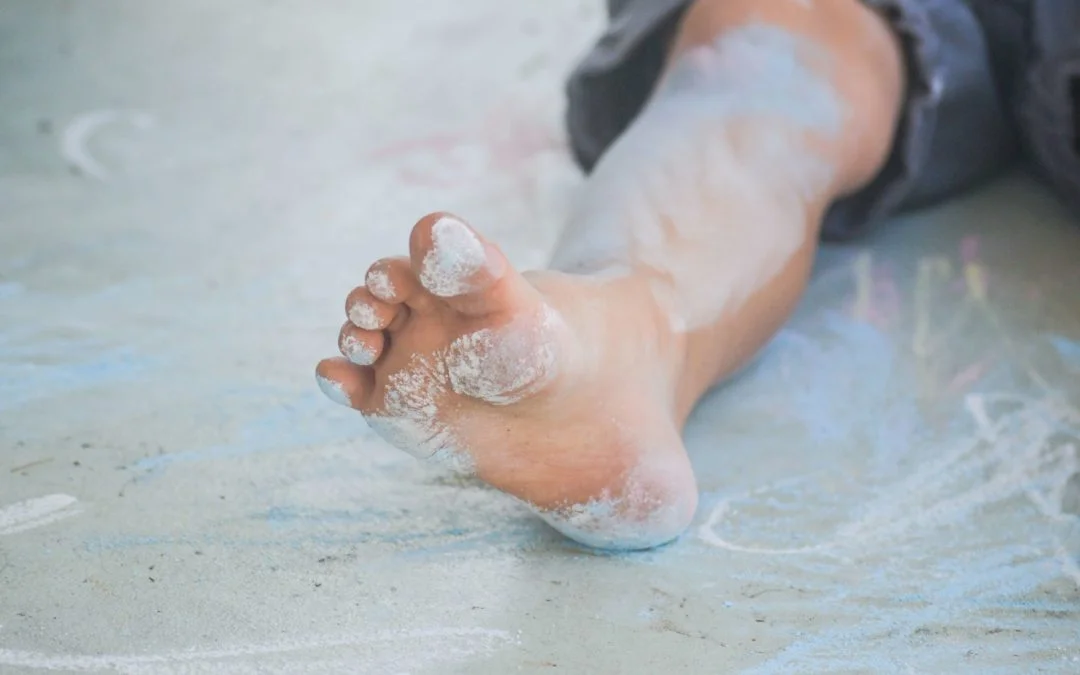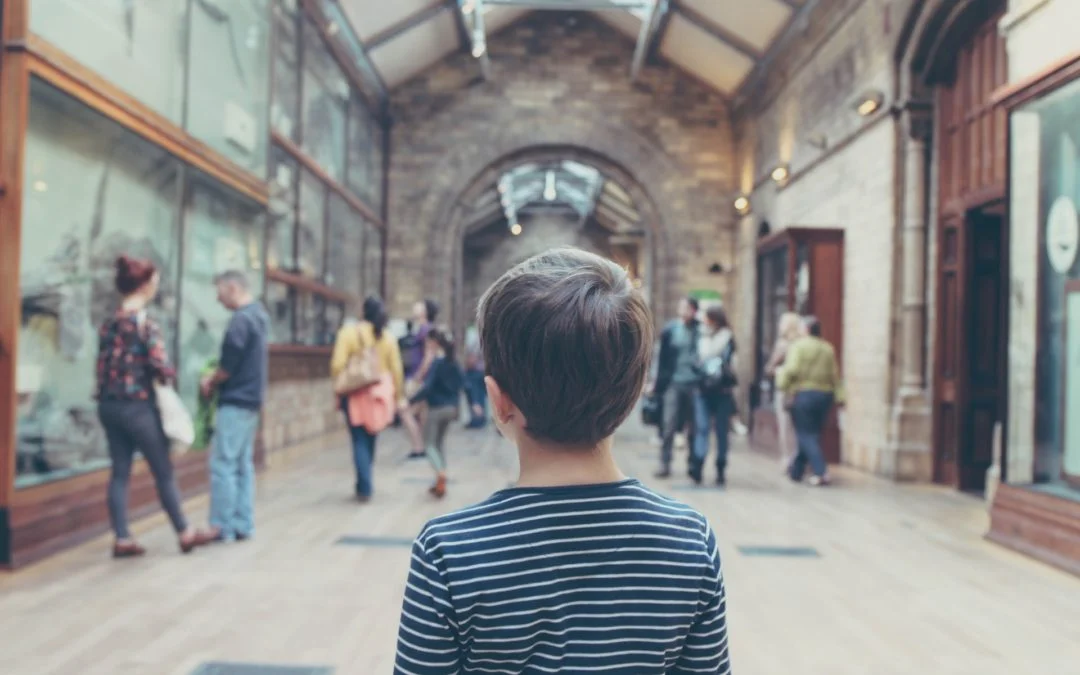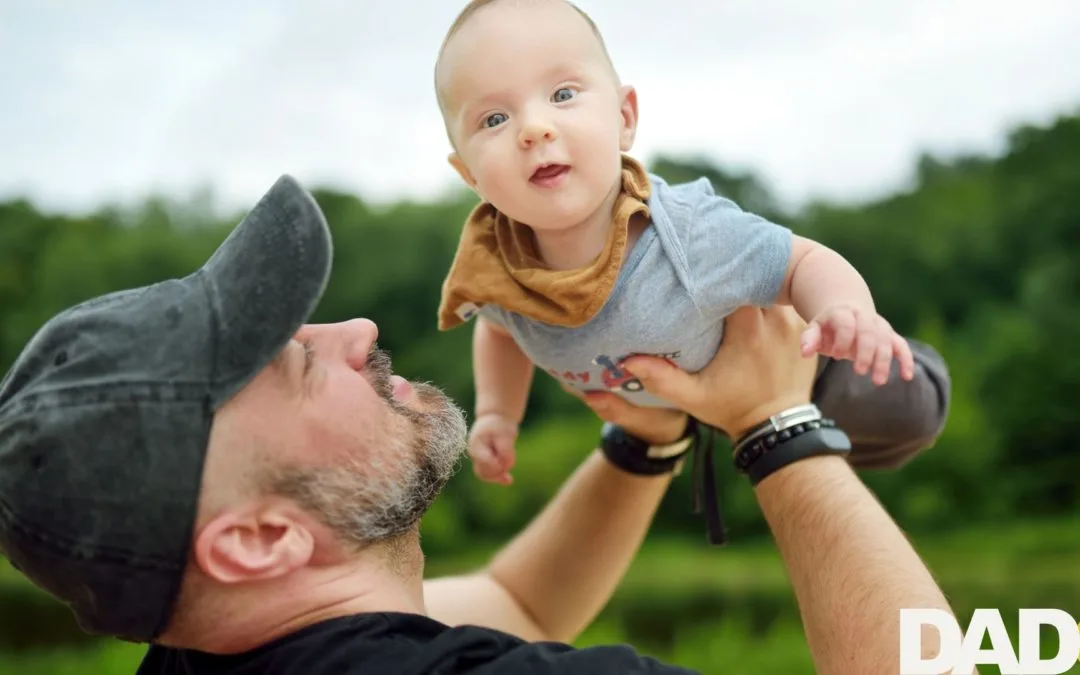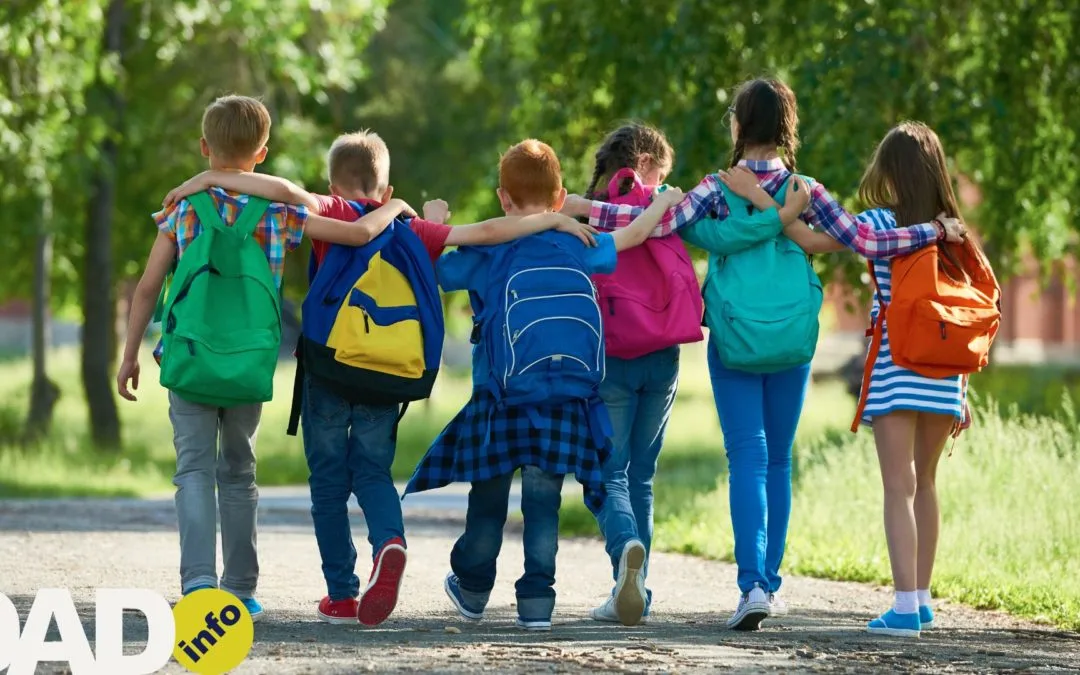This was a lovely phase for me as a dad. Finally I felt confident that I wasn’t going to break my little son in half if I cuddled him – and he seemed to have separated himself from his mum’s breast for long enough periods to decide that I was okay too. Here are a few physical and behavioural developments to expect between your little one’s twelve to eighteen months…
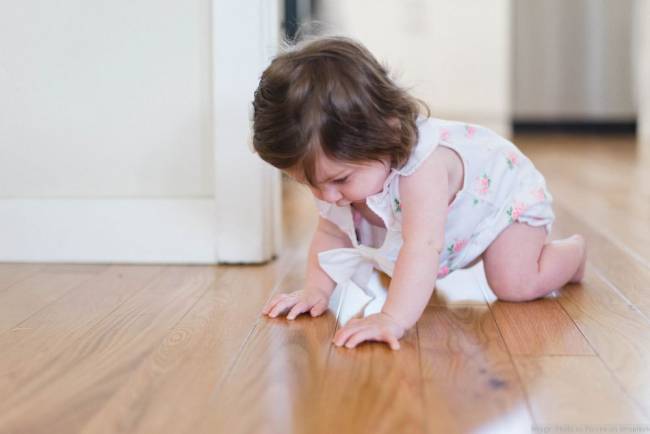
Developing Independence
One minute s/he is clingy and attention-seeking and you feel like a superhero – and the next s/he objects when you try to do anything for her/him and you feel as if you’ve been outgrown!
New / Challenging Behaviour
Also…There’s nothing subtle about your toddler’s behaviour right now. If s/he feels you aren’t paying her /him sufficient attention, s/he may physically try to turn your face towards her/him.
S/he says ‘No’ a lot, and challenges you often and yet still desperately wants to please you.
The temper tantrums may start here and there is no logical thought yet or concept of time.
Physical Changes
Over the next year, you will see your toddler’s body proportions change bit by bit as s/he adapts to walking – which is the new obsession. One of mine refused to go in a pushchair as soon as she learnt to walk and it became a really painful, slow process to go anywhere. I once spent an entire annual leave day walking less than one mile to town, going into two shops and getting home.
It is the time for stumbles and falls, and practising new climbing skills which will have your heart in your mouth however laid back you think you are! A little neurosis is protective, so make sure s/he is strapped in that high-chair or it will be a first attempt at bungee! Lock cupboards, containers or trunks that s/he could climb into and move bleach and booze into high up cupboards!
Your local casualty dept will see enough of you over the years and I know from experience that it is not the place for a fun day out!
Weight gain slows – s/he looks slimmer and longer. This is the year of the disappearance of the over-sized head, the funny bowed legs and the round tummy! It is when you discover that under those lovely chins there is in fact a neck! As your toddler’s weight gain slows, s/he may not be as hungry as she used to be. The digestive system continues to mature, allowing her/him to eat most foods with the family. Sadly, and rather cruelly I always think, this is the time that the teeth are coming in thick and fast so it often hurts to chew!
Movin’ and Groovin’!
Your toddler’s motor control makes leaps in this six month phase. There are all sorts of games to play that centre around this increase in skills.
Around a year most babes are really on the move crawling, shuffling or walking. Lots of babes can stand while holding on to something and in the next six months most toddlers will learn to walk confidently.
Suddenly arms and hands have quite a bit of control and it continues to improve. Your little trooper learns to feed themselves, although s/he will still make a mess for a few months (or years!)
You are under constant threat of a stray left hook, or a missile from the highchair, as s/he can throw things!
Talking Yet?
Your toddler’s vocabulary is increasing rapidly, but s/he still understands much more than he can say.
At 15 months, s/he will probably use a few (2-6) recognisable words in the correct context. S/he communicates what they want by pointing, babbling or shouting. By the end of this phase (i.e. 18 months) s/he is generally making speech-like sounds while s/he play and may gather around twenty words.
This makes it ideal to play ‘point at the object and name it’. Start with objects that your child shows an interest in, e.g: a dog, a bus, etc., using one word phrases. As time moves on, and s/he is repeating some of the words, move to phrases of several words.
This should not replace other speech as your toddler needs to hear the rise and fall of voice tone in your everyday chatter to her/him as well.
It is too early to move on to point out details of the thing you point at really… so keep it simple!
The beginning of conversation with your little one: talk to them as much as you can. Simple songs and nursery rhymes are popular and s/he may try to join in or copy the things that you say.
Gradually, the child will correct their own pronunciation… and it is so cute if they have a few words that are not quite as they should be!
Don’t get dragged into competition with friends who have babies the same age on this one – just share your little one’s pleasure in words and watch that vocabulary grow. This is just the start of a meteoric growth of language over the next few months.
Waving is a good game at this point, and teaches a good social behaviour skill as well as improving hand co-ordination. Liven up a dreary day by taking a bus somewhere and people-watching and practising waving.
Drawing is beginning to be a possibility. It strengthens hands and arms for later artistic escapades and improves hand-eye co ordination. However do not bother with extensive art materials at this stage as it can wear thin if an activity takes longer to set up than the child will enjoy it for. As their attention span is about a minute at this stage then I would stick to a pack of fat wax crayons and a large bit of paper sellotaped to the dining table in the morning so that you can return to it whenever the fancy takes!
Towards the 18 month end, playdough is good too. Check out this quick and easy recipe.
Outdoor Play
Push-along walker toys are fab at this age, as are dolly pushchairs.
Outdoors is often quite appealing but expect your todd to fall over a lot, which means a lot of dirty hands, and wet knees. We recommend you keep wipes with you.
At this stage, they may still revert to crawling when tired which is a good starting place for eating worms and worse! Be very, very aware of animal faeces – your little dude/dudes will not thrive well on that!
Most play equipment in parks is still aimed at above this age (unless a specialised park) so you will need to be up on your feet and playing, climbing, etc., with them. Be extra vigilant during this time.
Swings are a winner if they like them as they are a captive audience when in one.
Basically, have your wits about you a lot and keep playtimes fairly short as they get tired very easily at this age and tired “just-about toddlers” are accident prone “just-about toddlers”! We Dads are notorious for expecting too much of our little guys and there’s plenty of time for long trips out in the future… parenting is a long-term game!
Learn more about your baby by watching for developmental milestones here.



